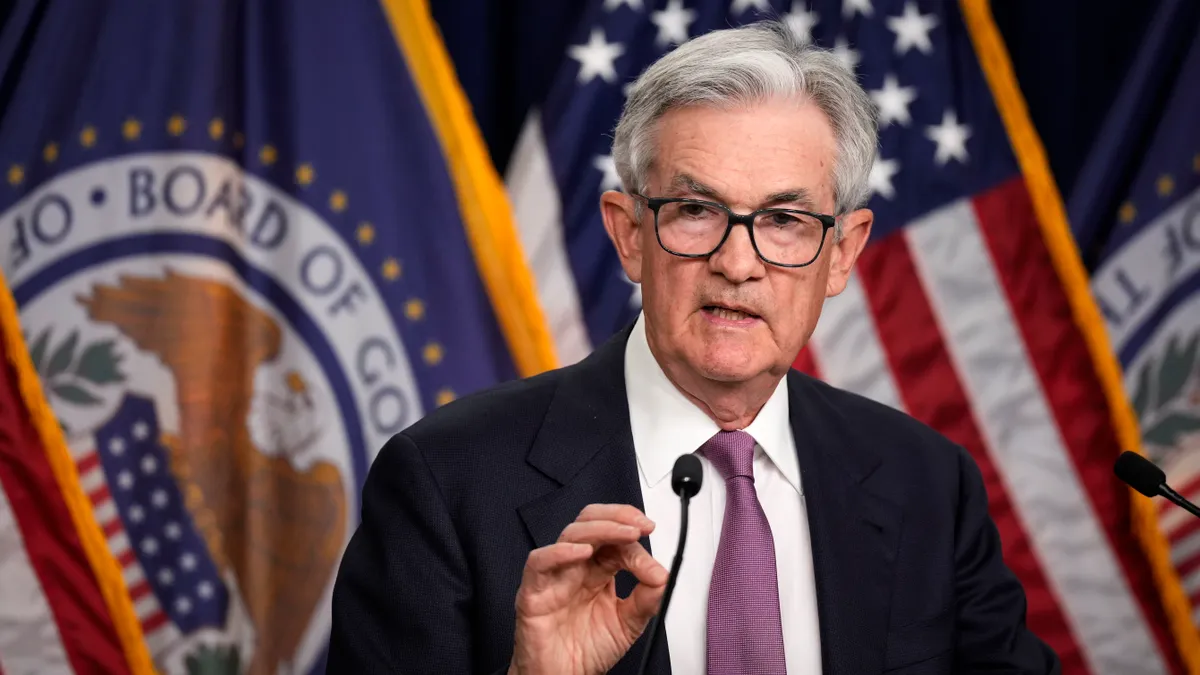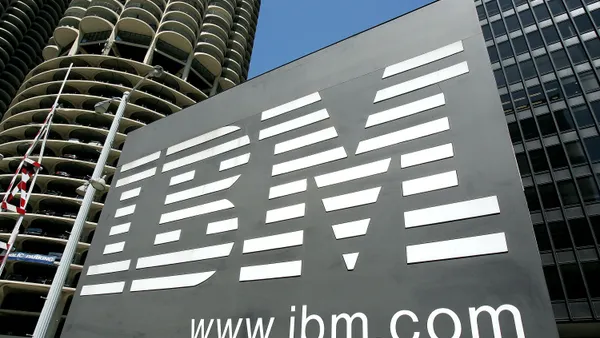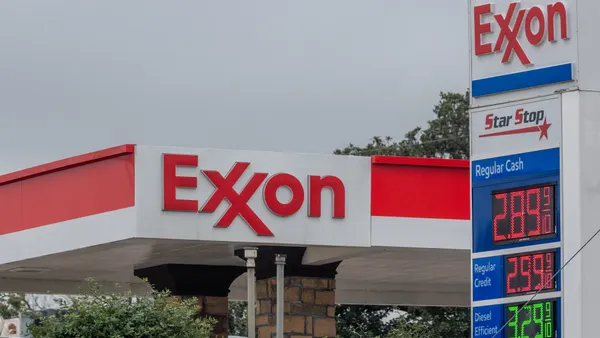Federal Reserve Board Chair Jerome Powell clarified the very narrow role the United States’ central bank plays in respect to climate policy at Stanford University’s Business, Government and Society Forum Wednesday.
Powell said though climate change is one of the “issues that are arguably relevant to the economy,” it is not within the bank’s mandate to promulgate regulations to address climate change.
“Policies to address climate change are the business of elected officials and those agencies that they have charged with this responsibility,” Powell said. “The Fed has received no such charge.”
However, the Fed chair said the bank has a “narrower role” in monitoring climate risks in its responsibility to supervise banks. He said the public expects the institutions under the Fed’s purview to keep track of material financial risks, which “over time, are likely to include climate-related financial risks.”
“Our nation faces many challenges, some of which directly or indirectly involve the economy,” he said. “We will remain alert to the risk that there will be pressure to expand that [narrow] role over time. We are not nor do we seek to be climate policymakers.”
Powell and the Fed reportedly used its narrow remit to block a push by European banking regulators to include climate risks as a focus on global financial rules, Bloomberg reported Wednesday.
The Basel Committee on Banking Supervision, which brings together banking regulators from the central banks and supervisors in 28 jurisdictions, proposed a global framework for how banks should disclose climate-related financial risks in November. The committee said in an accompanying newsletter that while methodologies and data for examining such risks “are still evolving, improving the availability and quality of data should be an ongoing area of focus.”
According to Bloomberg, the BCBS endorsed a proposal from the Fed to make climate transition plan guidelines optional for banks and has agreed to stop its work on industry-wide capital regulations.
Though the Fed has sought to limit its work on climate-related regulations — as well as work on other topics outside its remit like immigration, tax and spending and trade policies — public U.S. companies and banks face a growing slate of domestic and international disclosure regulations.
The Securities and Exchange Commission finalized its climate disclosure rule last month, dropping requirements to disclose scope 3 emissions and putting forward a more limited universe for scope 1 and scope 2 reporting. The rule includes no carve outs for publicly traded U.S. banks.
However, the banking industry received a temporary pass from the European Union’s more stringent supply chain due diligence regulation, the Corporate Sustainability Due Diligence Directive. The CSDDD creates civil liabilities for companies that fail to appropriately identify, mitigate, account for and prevent detrimental social and environmental impacts within their business operations.
An initial agreement was reached in December, requiring financial institutions to account for harms within their own operations but not those within their supply chain. Approval from the European Council and its member states stretched until March, though, including a new final draft in January and a final agreement with higher employee and revenue thresholds for reporting requirements. Non-EU companies that meet employee and revenue thresholds will also have to report beginning in fiscal year 2027 at the earliest, depending on their size.











